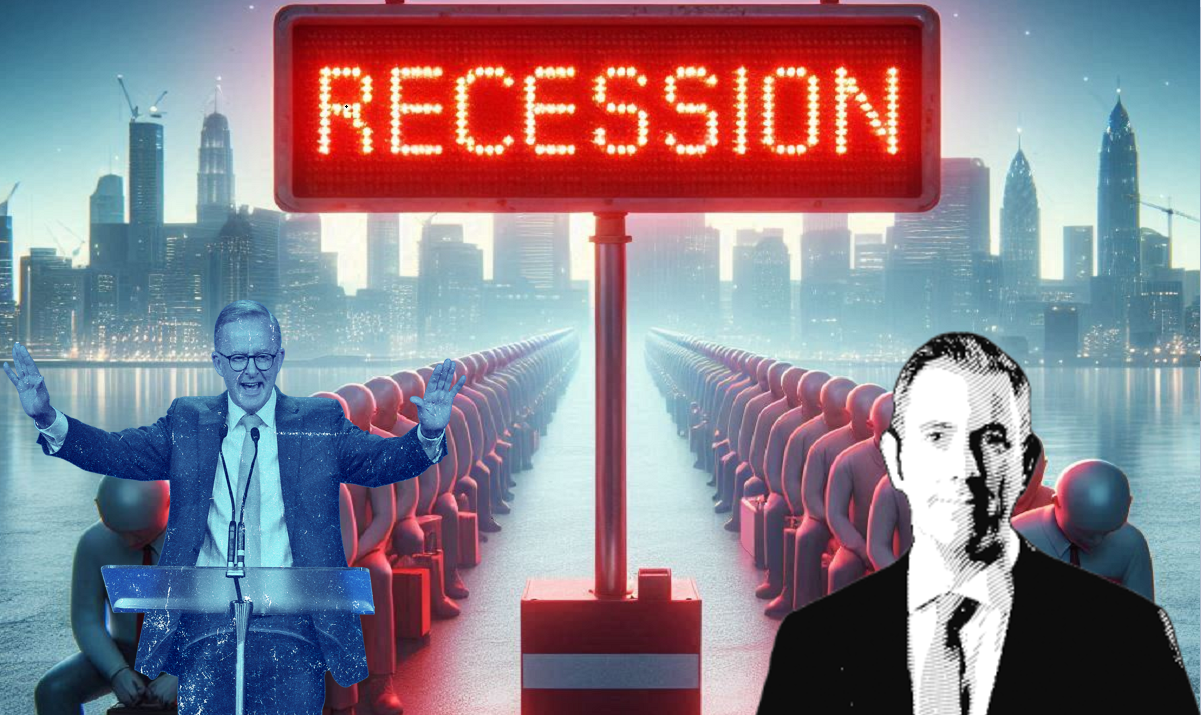Forgo salary rise, Australian National University begs staff

- by Admin
- October 15, 2024

One of Australia’s leading universities has adopted pandemic-era tactics to alleviate a financial crisis tipped to cost hundreds of jobs.
In a 15 October email, Australian National University (ANU) vice-chancellor Genevieve Bell asks staff to forgo a 2.5 per cent pay rise due in December. “The financial challenge we are facing is real and substantial,” she warns.
“We must take action. Everything needs to be on the table including all of our salaries. It is deeply important to me to return this institution I have been around for much of my life to a financially sustainable footing.”
Professor Bell says she will reduce her own salary by 10 per cent “effective immediately” and has also asked executives on performance-based contracts to relinquish the 2.5 per cent pay increase, saving the institution about A$1.2 million (£616,000).
These measures, together with staff’s waiver of the December pay rise, would “reduce the salary savings we need to find in 2025 by as much as A$15 million”.
“This will save jobs,” Professor Bell tells staff. “I encourage you to think about what this sacrifice could mean for our community. If we take it collectively, it will prevent some job losses in our community.”
The waiver would require approval from a majority of staff covered by ANU’s enterprise agreement. Professor Bell’s email preceded a 16 October staff rally against ANU’s savings plans, including the abolition of 50 jobs from the College of Health and Medicine.
The National Tertiary Education Union (NTEU) believes this is just the start, claiming that more than 600 jobs are under threat. The union now plans to put the vice-chancellor’s proposal to the rally, and will urge staff to reject it.
In an email to members, union leaders say staff had narrowly agreed to a similar proposal in 2020, just months before the university made hundreds of positions redundant. “There are no guarantees that giving up pay saves jobs,” they warn.
“ANU agreed to pay staff not even 12 months ago. After a year of negotiating, now we’re being asked to give pay away in return for nothing.”
Branch secretary Lachlan Clohesy said ANU had “significantly reduced” its workforce during Covid to achieve savings but had since allowed employee numbers to rise to pre-Covid levels. “Staff are asking what the point of the job losses during Covid was,” he said.
“The situation this time around has not been brought about by a global pandemic or government policy changes; it is purely an outcome of financial mismanagement by senior executive. This is staff paying the price of poor governance.”
Observers fear that the events at ANU could bookend a new round of mass redundancies, as universities struggling with the pandemic’s impacts face a loss of revenue from the federal government’s international education crackdown.
The Latest News
-
December 23, 2024‘See-ball, hit-ball’: Sam Konstas to put pressure on Jasprit Bumrah in Boxing Day Test
-
December 23, 2024Alex de Minaur makes Christmas Day pledge: ‘Never satisfied’
-
December 23, 2024News Corp. and Australia Telecom Company Telstra Agree to Sell Foxtel to Streaming Sports Platform DAZN in $2.1B Deal
-
December 23, 2024Alex de Minaur is coming off the ‘best year’ of his career… but he wants more in 2025
-
December 23, 2024Sorry, Charlie. Son of Tiger makes his first career ace, but Team Woods loses to Team Langer on first playoff hole – Australian Golf Digest





